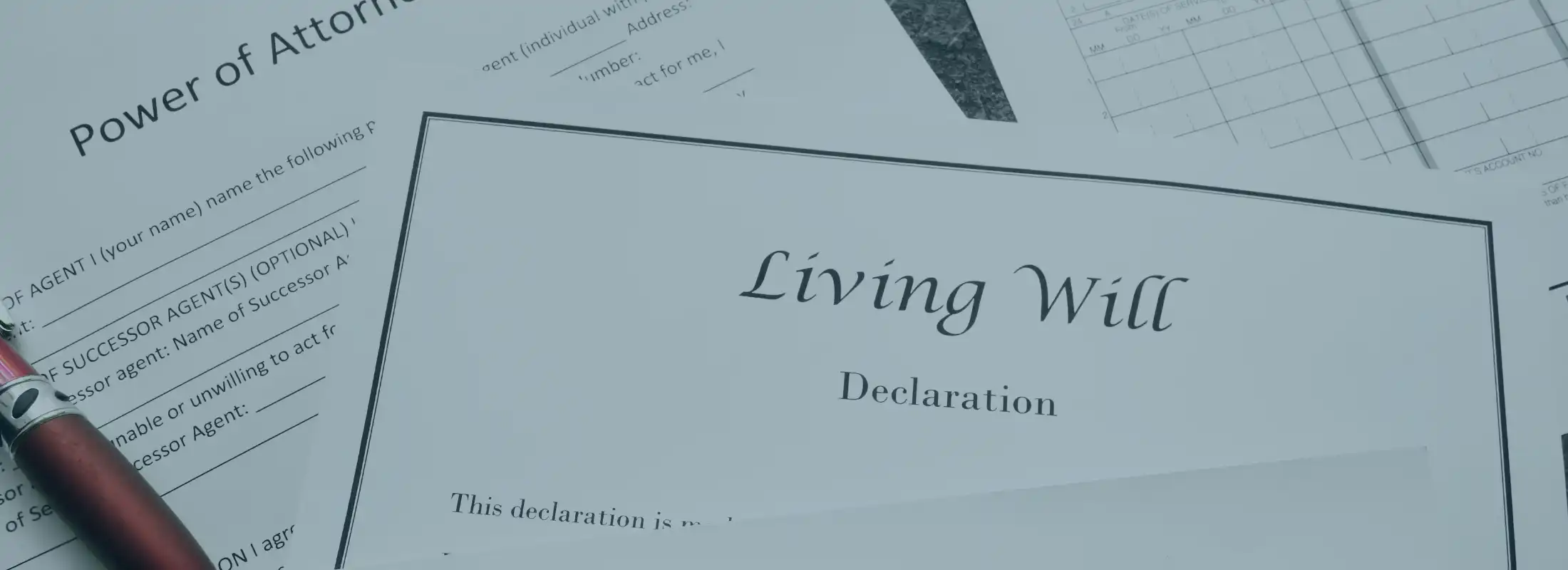
Preparing a will is one of the most important steps you can take to protect your family and your legacy. It’s also one of the most misunderstood parts of estate planning.
With online templates and downloadable kits just a few clicks away, many people assume they can handle preparing a will on their own. Unfortunately, that approach often leads to mistakes that cause confusion, delays, and even legal disputes after a loved one’s passing.
At KF Law Group, we’ve seen firsthand how do-it-yourself wills can unravel when it matters most. Estate planning isn’t one-size-fits-all. There are so many intricate details that, if even one thing is off, the ripple effect can be tremendous.
Before you start writing your will, here’s what you should know about preparing it properly - and the pitfalls to avoid.
Just like you wouldn’t go to a podiatrist for brain surgery, don’t go to a general practitioner or a website for estate planning.
When it comes to estate planning, online forms and pre-printed templates often give a false sense of security. A will is a legal document with state-specific requirements, and missing even one can make the document invalid.
Each state has its own laws regarding witnessing, notarization, and signatures. Something as simple as using the wrong type of witness or missing a notary stamp can render your will unenforceable. These errors may not be discovered until after you’re gone when it’s too late to correct them.
Working with an attorney who specializes in estate planning ensures your documents meet all legal standards and reflect your unique family and financial situation.
One of the most common will misconceptions we encounter is the belief that a will avoids probate. It doesn’t.
A will serves as an instruction letter to the probate court, outlining your wishes. It still, however, must go through the formal probate process to be validated and carried out. This means your estate will still face court supervision, public filings, and potential delays.
If your goal is to avoid probate, a revocable living trust is often the better option. Trusts can transfer assets privately and efficiently without court involvement, offering families faster access to funds and greater peace of mind.
Even with a perfectly drafted will or trust, your estate plan can fail if your assets aren’t titled correctly. This crucial step, known as funding your trust, is where many people go wrong.
Funding your trust means ensuring your assets are legally connected to your estate plan. For example:
Regularly reviewing your accounts, titles, and designations with your estate planning attorney helps ensure that your documents and assets “talk” to each other and that your wishes are actually carried out.
Every family is different, and estate planning should reflect that. DIY wills and one-size-fits-all trust kits (even those from well-known financial personalities) rarely account for state laws, tax implications, or family complexities such as blended families, special needs dependents, or minors.
For instance, in Illinois, a will is the document used to appoint guardians for minor children. Without a properly drafted will, the court may decide who will care for your children, including possibly someone you wouldn’t have chosen.
That’s why a comprehensive plan often includes both a will and a trust:
Together, these documents ensure your family is cared for, your assets are protected, and your intentions are clear.
Creating your estate plan isn’t a one-time task. Life changes (marriage, divorce, children, new property acquisitions, or business ventures) can all affect your plan’s effectiveness. Reviewing your will and trust every few years (or after major life events) ensures your plan still reflects your wishes and complies with current laws.
A will is more than just a legal form. It’s a safeguard for your family and your future. But even small mistakes in preparation can lead to costly consequences.
By following these will preparation tips and working with an experienced estate planning attorney, you ensure your documents are legally valid, properly executed, and fully customized to your goals. Whether you’re creating your first estate plan or updating an existing one, KF Law Group provides the guidance and peace of mind you need to protect what matters most.
Contact us today to schedule a consultation and take the first step toward a well-prepared, legally sound estate plan.